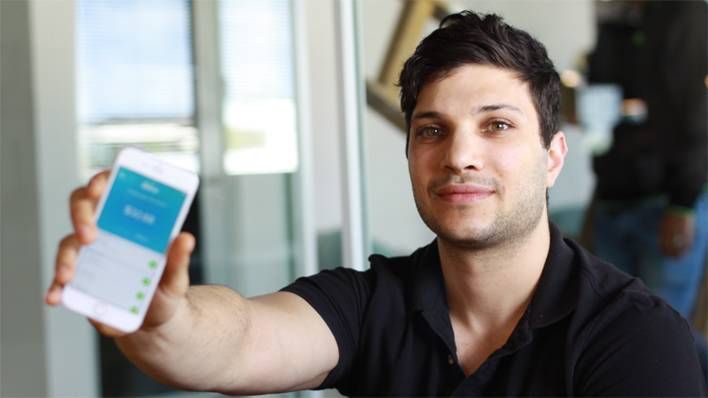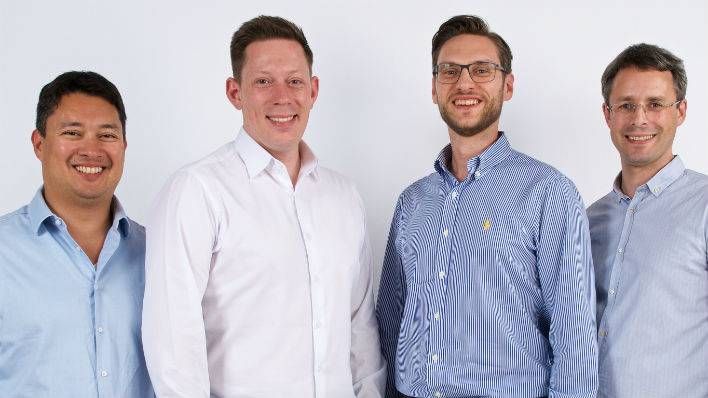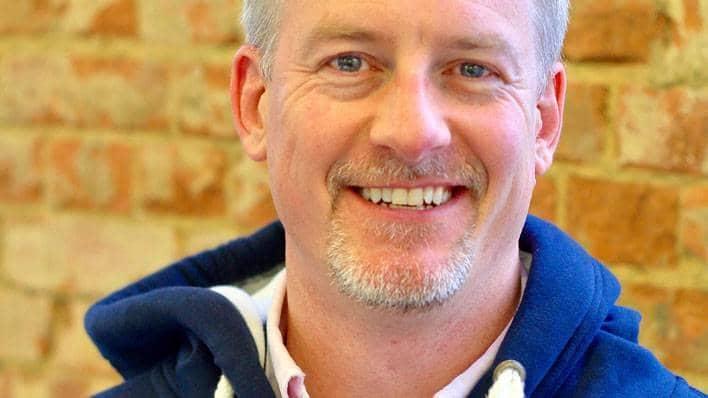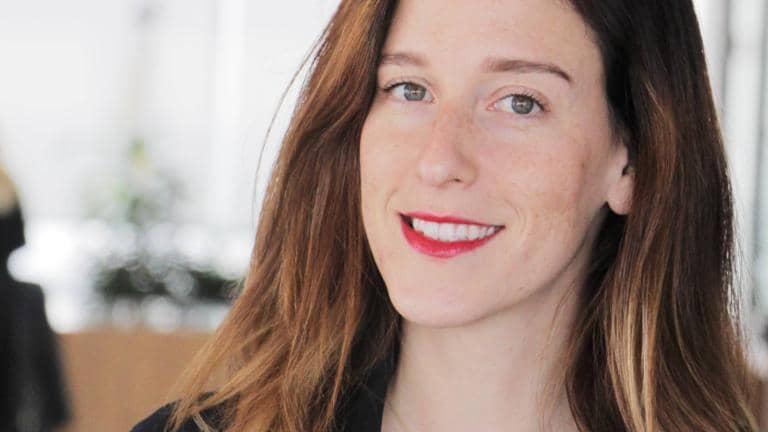
Gamechangers: Flux
We are on a mission to digitise, automate and organise the world’s receipts. Receipts are hard to store, easy to lose and a waste of resources

I’ve been building technology since I was a kid. I kept building prototypes, but found other tech companies were pipping me at the post and launching virtually identical products successfully before me. I finally had enough, came up with the idea for Bstow and decided I needed to move as soon as possible.
I wanted to create a method that allows people to donate to their charity of choice as easily as possible. Whenever you make a purchase with Bstow, the app automatically rounds up your spending to the nearest dollar and donates this money to non-profit organisations. If everyone were to do this, it would mean donations of approximately $25 per person per month.
I’ve met many great teams working on similar solutions, but Bstow puts financial technology at the forefront of what we do. This means we can really focus on having the most secure products to provide services that have a real impact for our customers and the non-profits we work alongside.
Entrepreneurs can move much faster than big corporates. As a start-up, you’re not locked into something because it has been the standard approach for decades.
I decided to get involved in the Accelerator when I was in New York and heard Barclays was working on a similar project to Bstow. It was really interesting that a bank was taking on a social impact programme and saw the same value for customers that we did. We decided the best way forward would be to collaborate with the bank.
Working in Tel Aviv was incredible. There is a vibrant start-up scene with many talented professionals in fintech and cybersecurity, which is the reason we chose the Tel Aviv Accelerator programme. The area also has a high quality of life with great places to eat, people to meet – and there’s always a beach nearby.
Build ties and relationships that provide value. That’s my advice to companies taking part for the first time. You can build ties and relationships that provide value. Banks crave innovation. They build products that create significant value, but it can be difficult for them to build those products themselves. Barclays knows this and in order to get ahead the group is finding meaningful ways to work with start-ups.
Many fintech professionals fear the banks. Investors, for example, will look at a product and question why banks aren’t developing that product themselves. What is interesting from Barclays’ perspective, however, is that the bank will look at how it can nurture start-up technology.
One of the most exciting things is that Barclays is doing security and compliance work on our platform to ensure we meet the highest standards of best practice for financial services companies. This will not only benefit our company, but our clients and customers.
What’s going to be a big business upheaval in the next 10 years? Right now, more than 90% of charitable donations in the US are made in cash or cheque. Over the next 10 years, I am confident this is going to move online.
If I wasn’t an entrepreneur, I’d be a musician. I love writing music as much as I love creating tech. I play guitar, bass, drums and started playing classical piano when I was three or four.

We are on a mission to digitise, automate and organise the world’s receipts. Receipts are hard to store, easy to lose and a waste of resources

Alyne is a next-generation software designed to make managing risk as easy as browsing social media

We are a software company that makes it easy for banks to build Artificial Intelligence simulation

Meet LeO: a personable 24/7 customer service solution for the insurance industry
